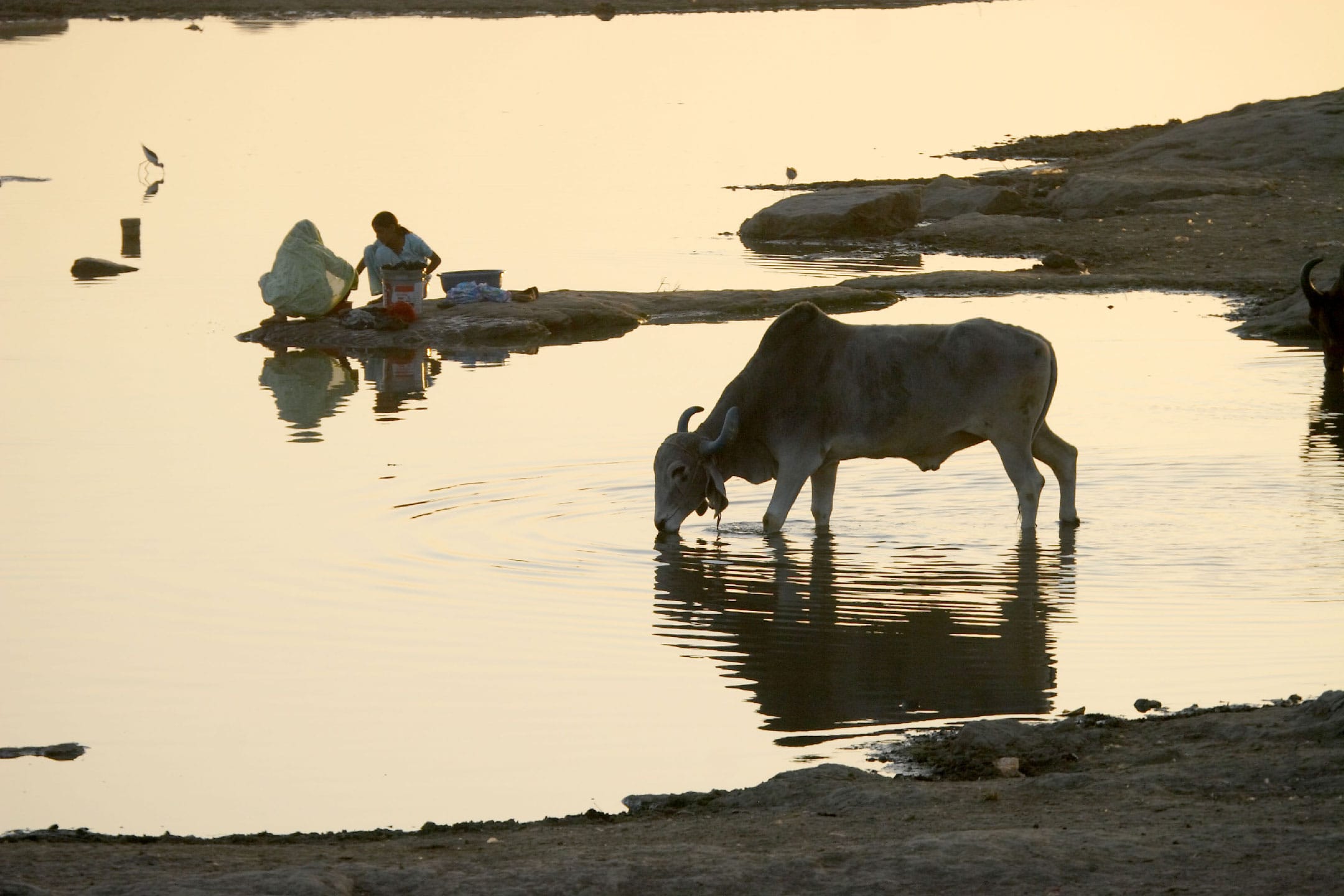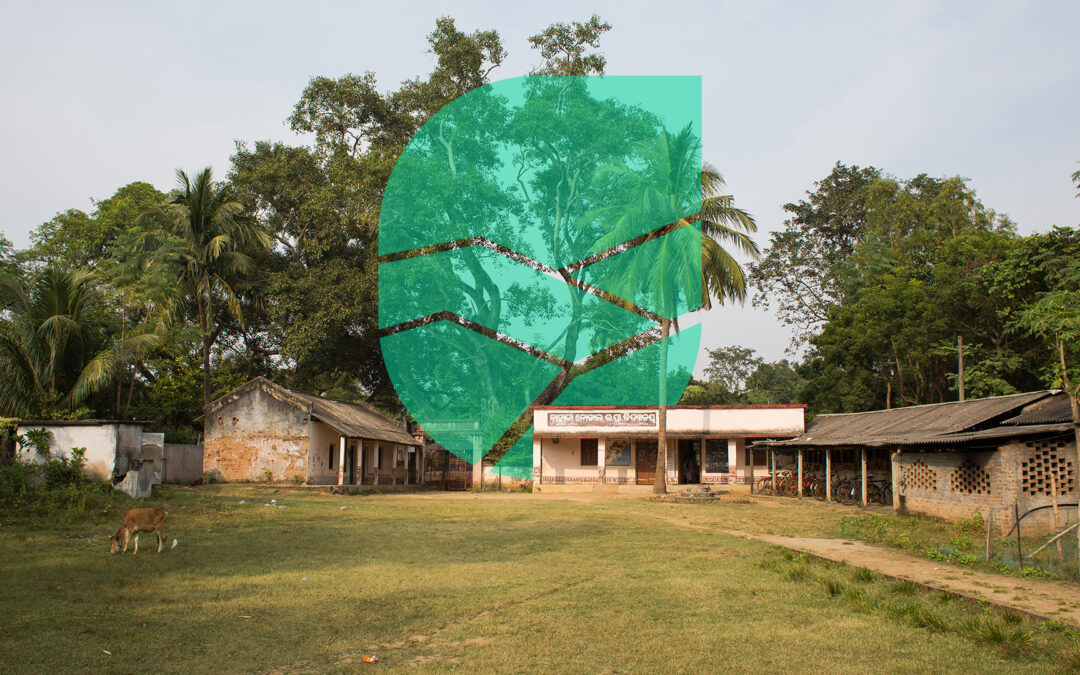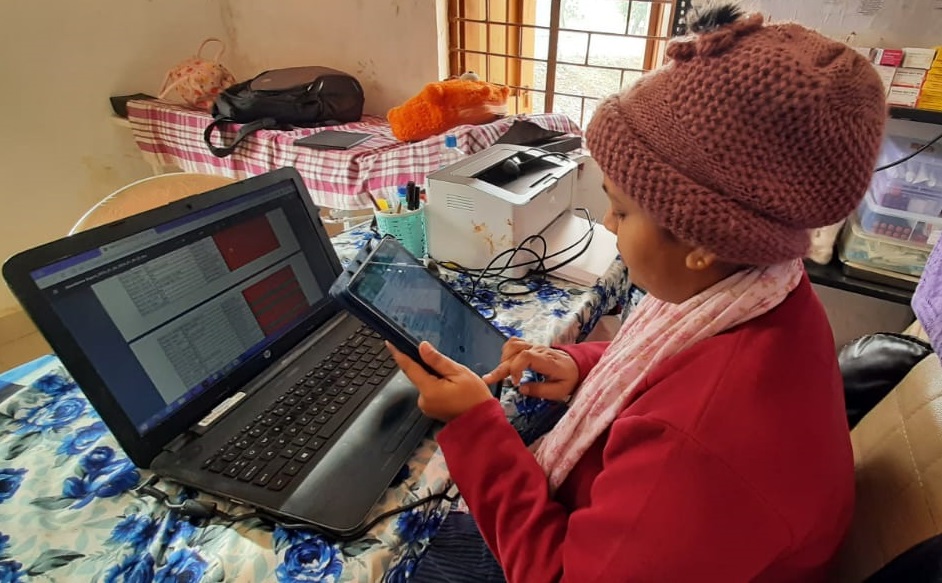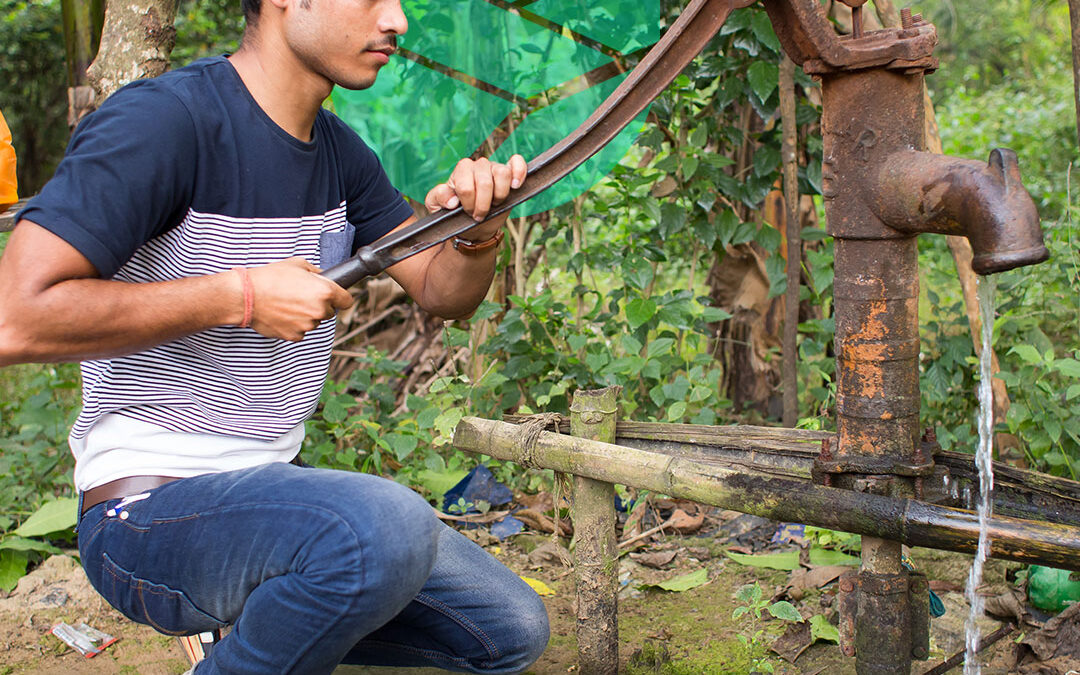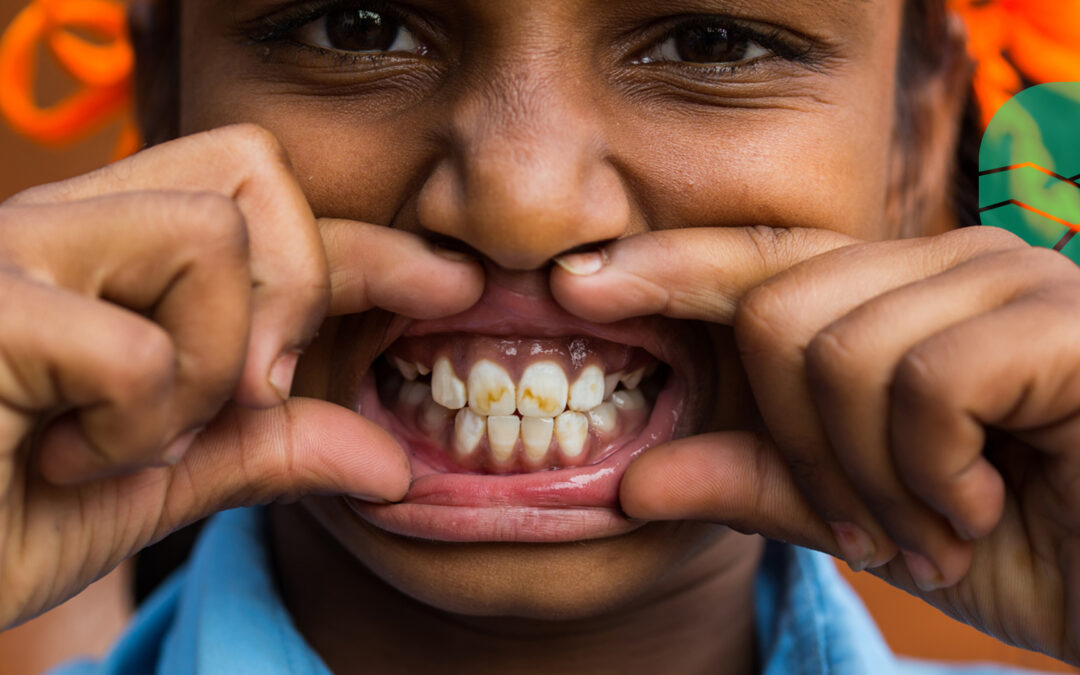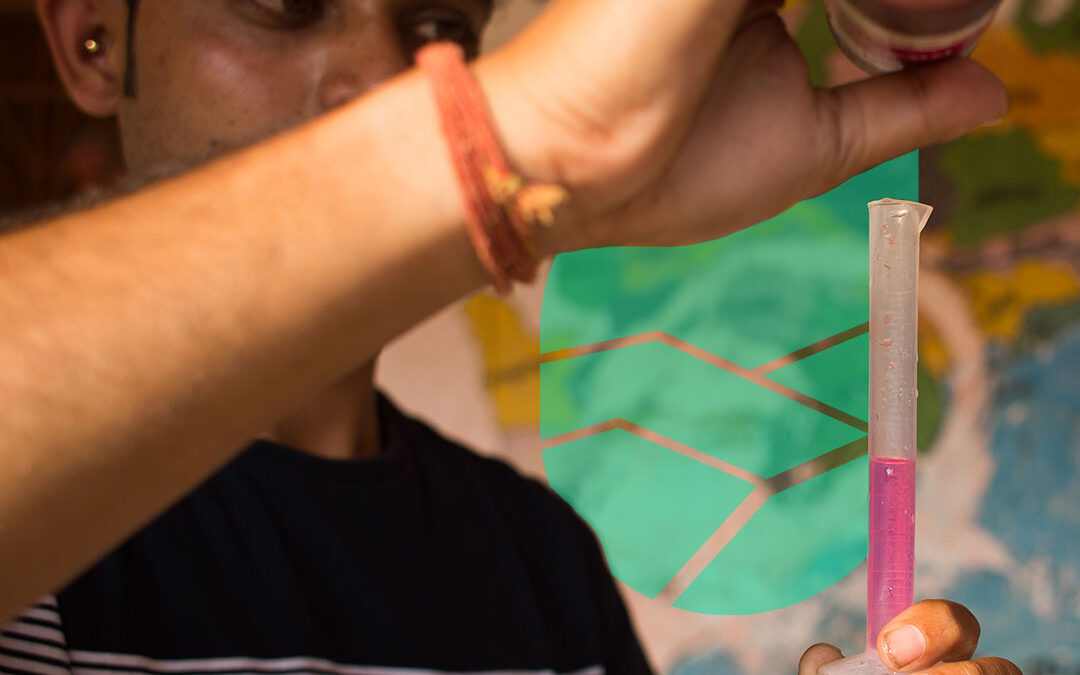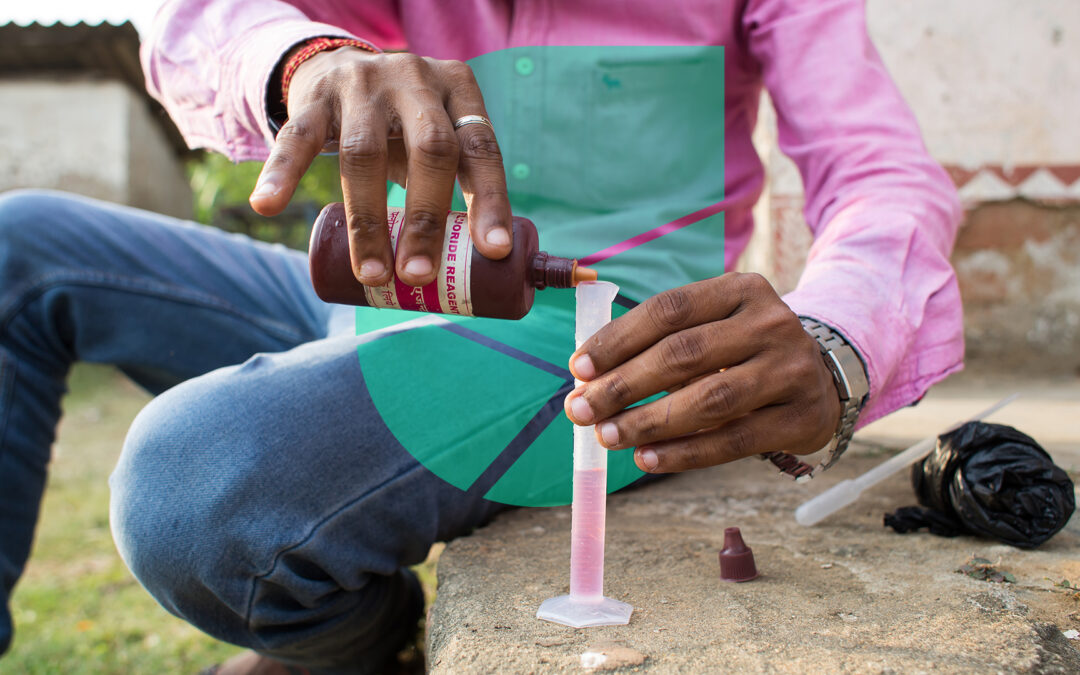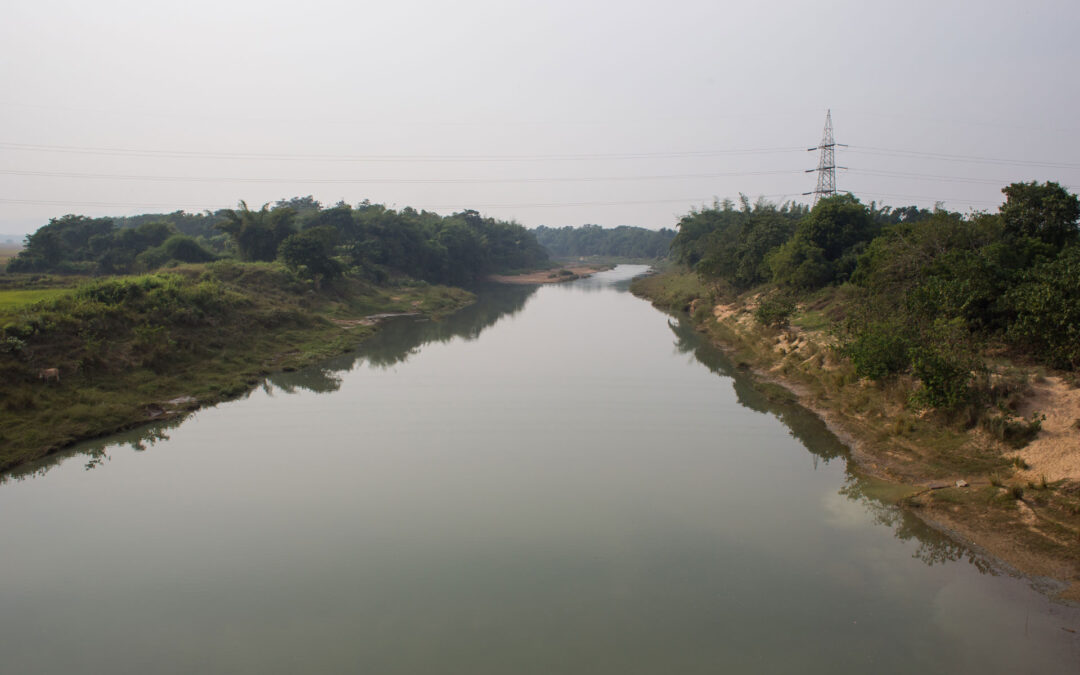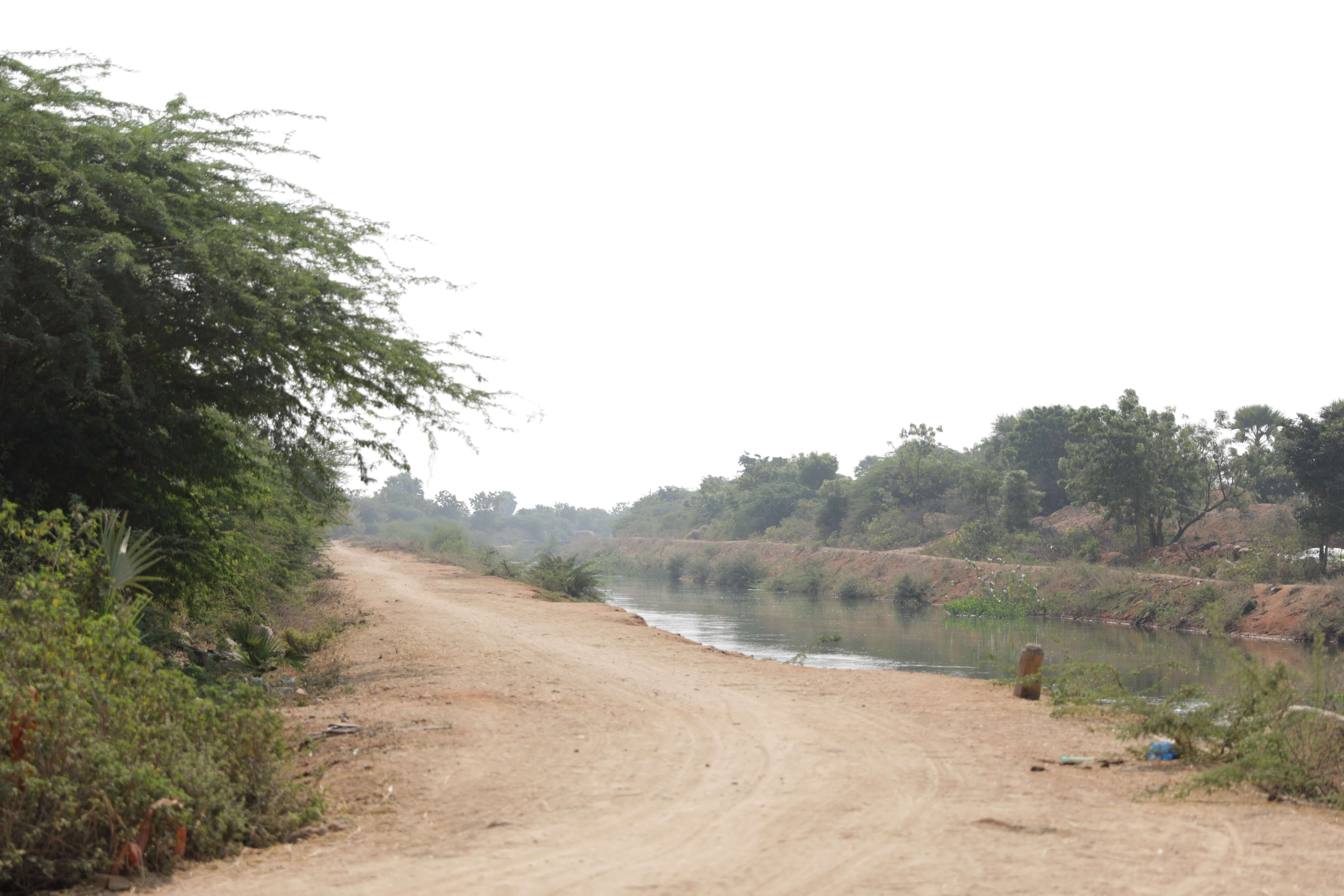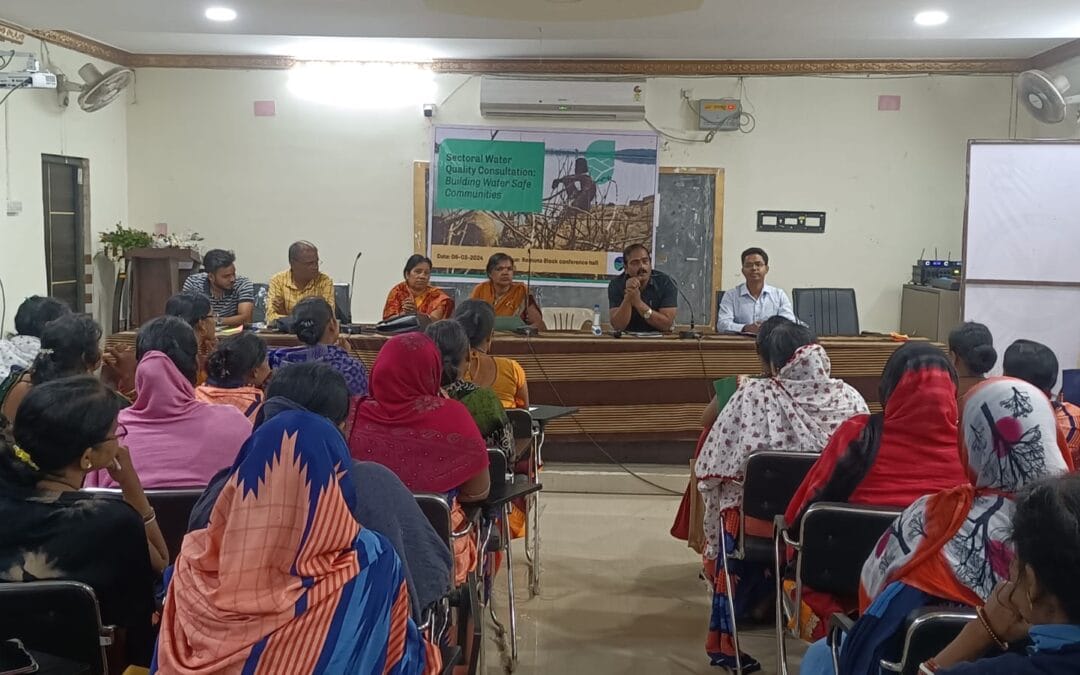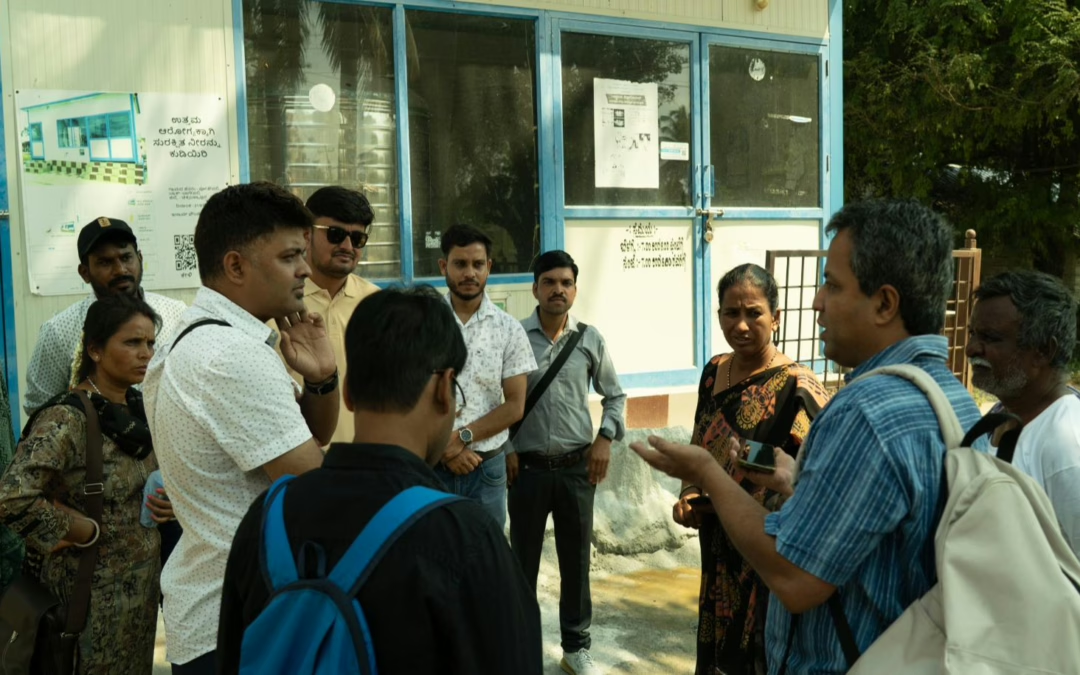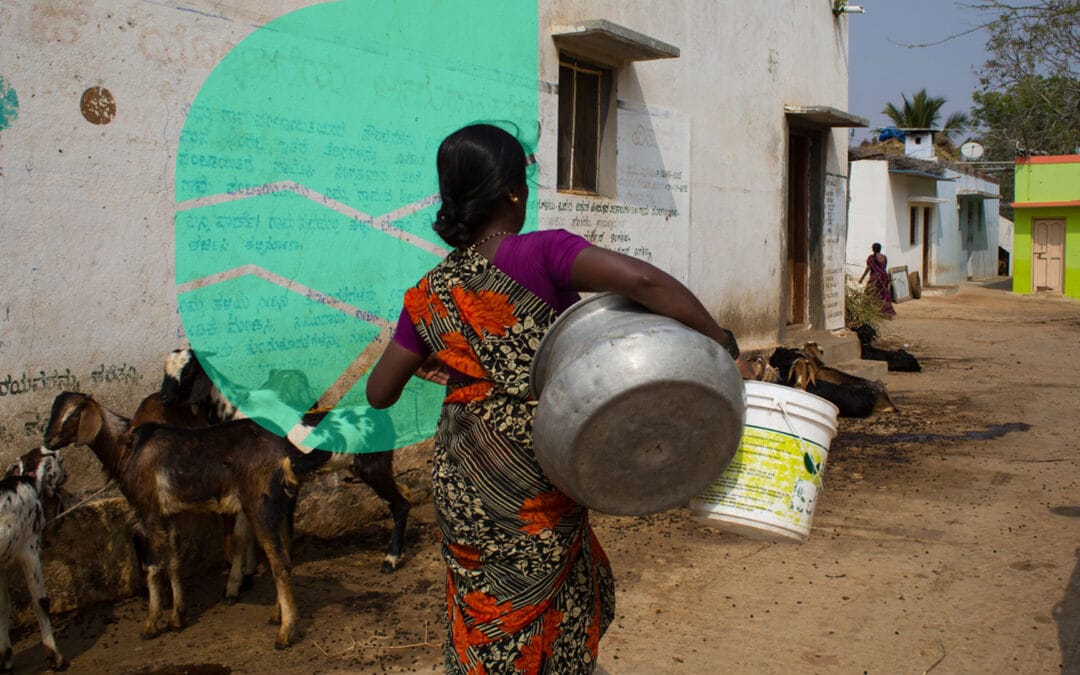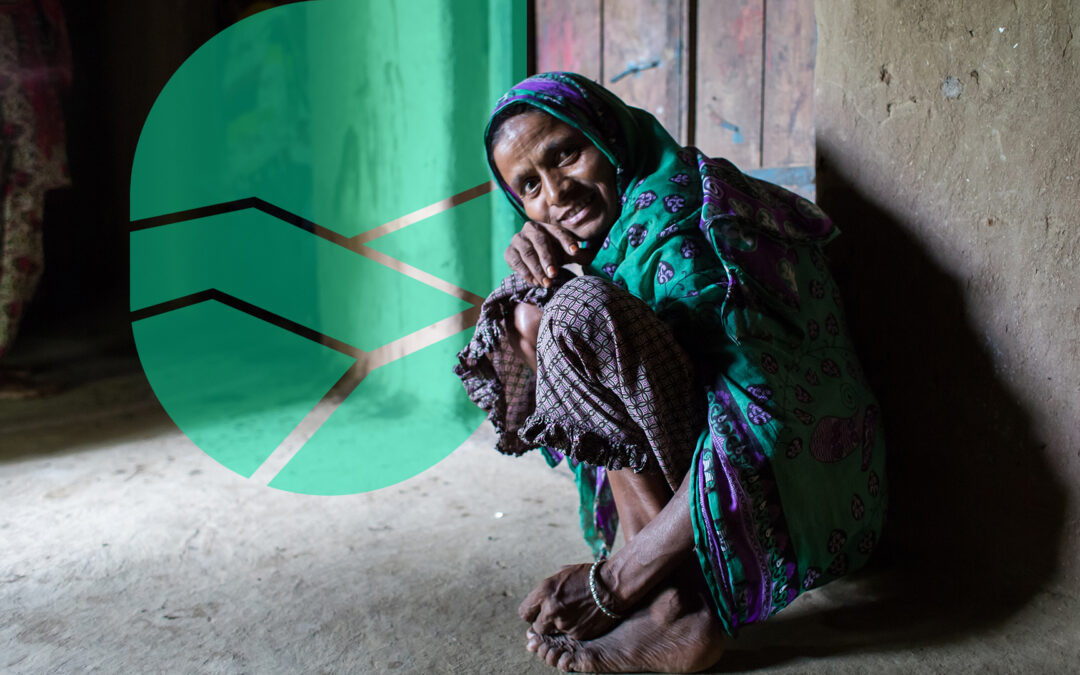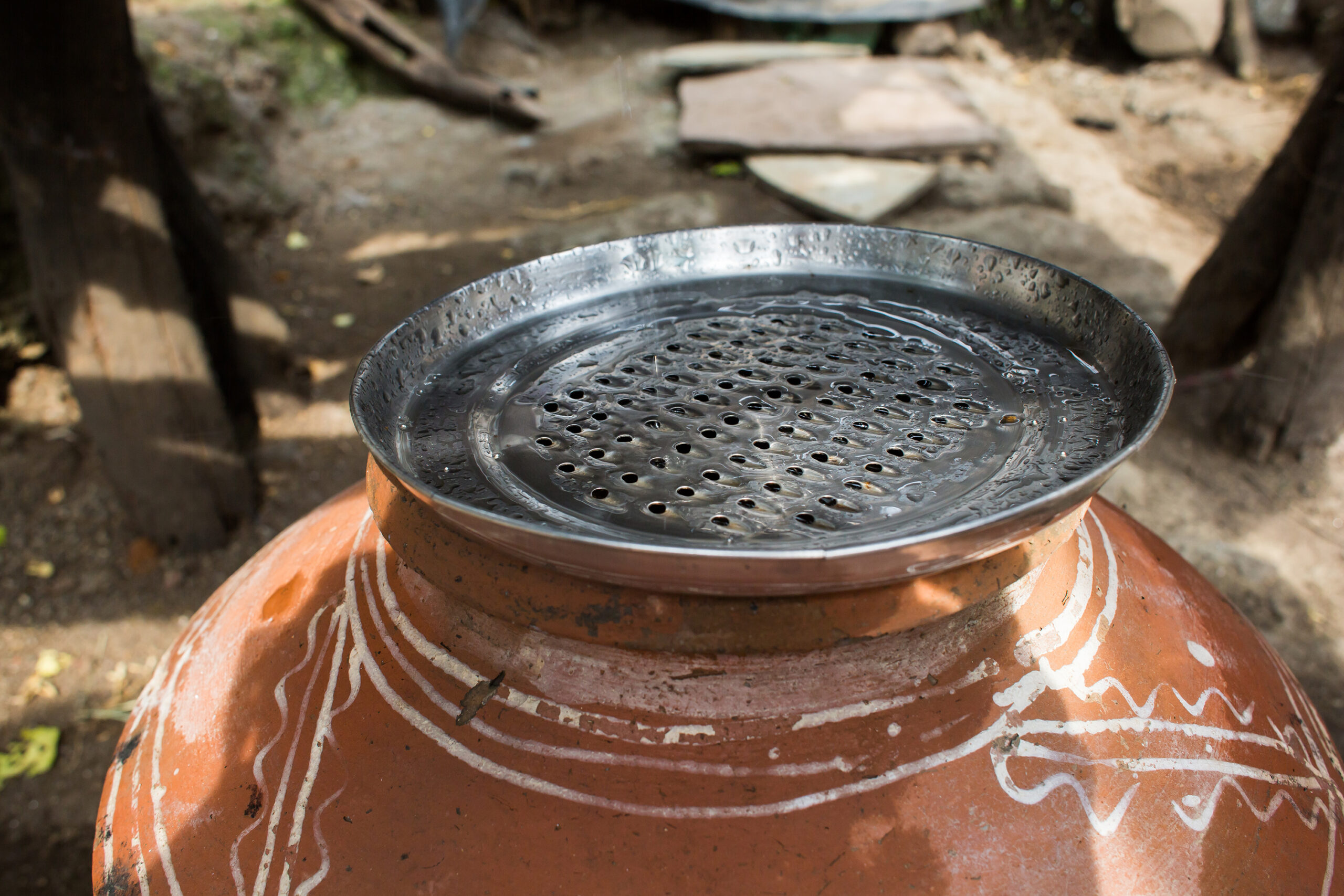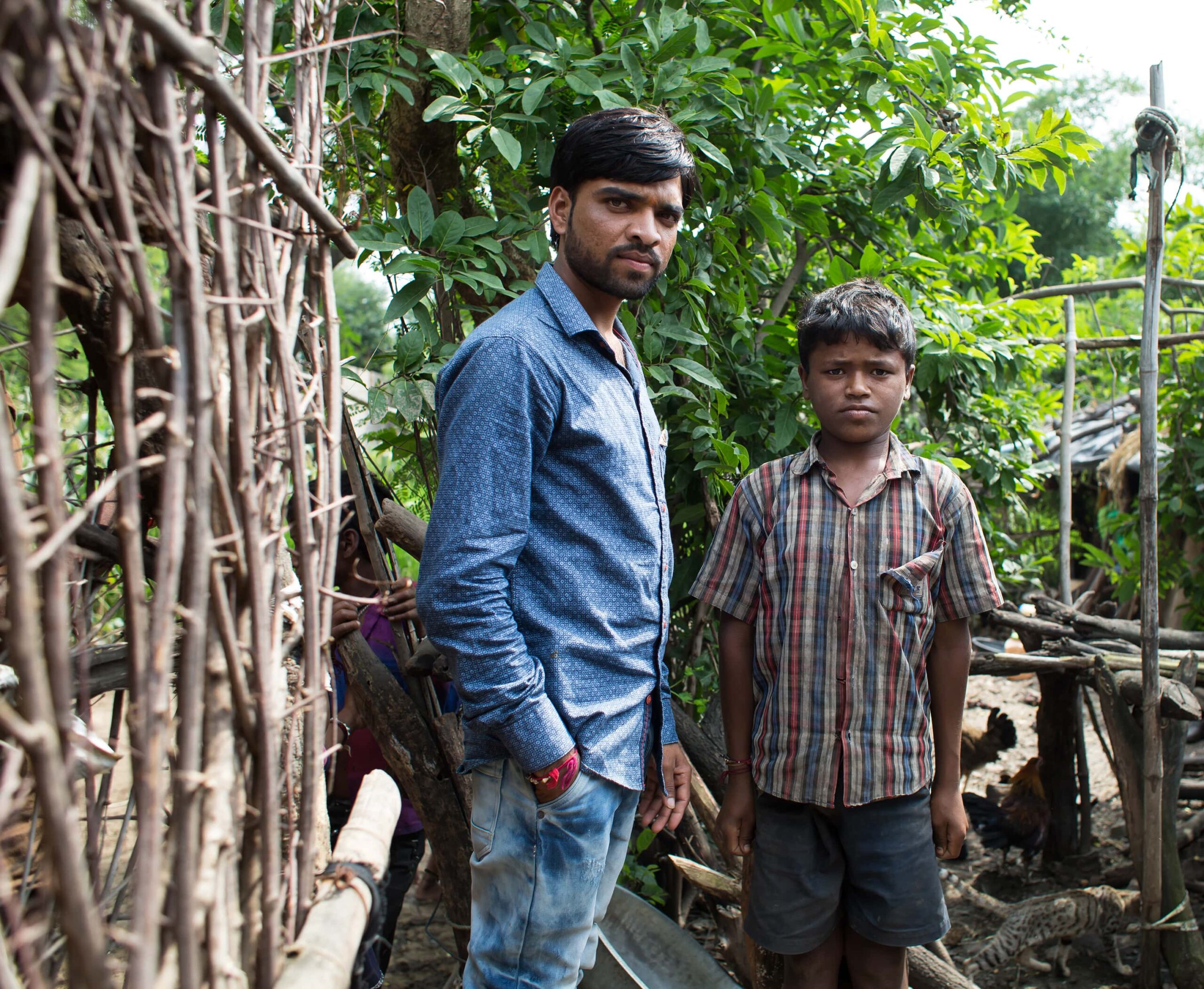let’s save lives through simple ideas.
Who We Are
INREM Foundation works at the intersection of climate, water, and public health to build water-safe communities across India. We bring together people, science, and systems to ensure that every household has access to safe water and a healthier future.
Our vision is to enable a network of one million Water Quality Champions by 2030. These are ASHA and Anganwadi frontline workers, students, teachers and community leaders who take ownership of water safety in their villages. Equipped with the right tools, local and accessible data and knowledge, innovative solutions, and expert mentoring, they identify and address water quality challenges in their communities.
We believe that the path to safe water is community-led.
By building capacities at the grassroots and connecting them with government systems and digital platforms, INREM turns everyday citizens into changemakers who ensure lasting water safety and health resilience for all.
Our Approach
INREM’s approach to securing water-safe villages rests on three core pillars:
Community Action and Research, Partnerships for Systemic Change, and Digital Platforms for Changemaking.
These pillars work in tandem to mobilize people, systems, and tools; ensuring that solutions are not only effective but also locally owned and sustainable.
Community Based Research and Action
We work towards creating water-safe communities by combining insights from real-life experiences, community wisdom, and scientific research.
Partnerships for Systemic Change
We collaborate with initiatives & institutions to collectively address challenges and craft systemic approaches for meaningful change.
Digital Platforms for Changemaking Networks
We innovate digital tools to engage and mobilise networks of Water Quality Champions of India
enabling Water-Safe Communities with
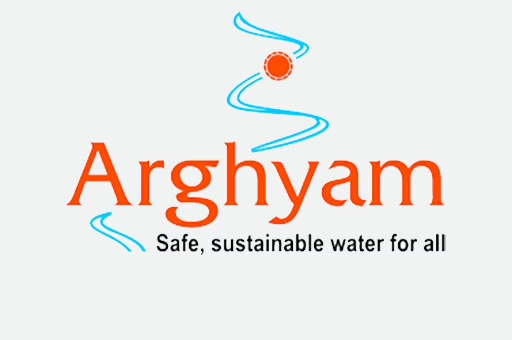
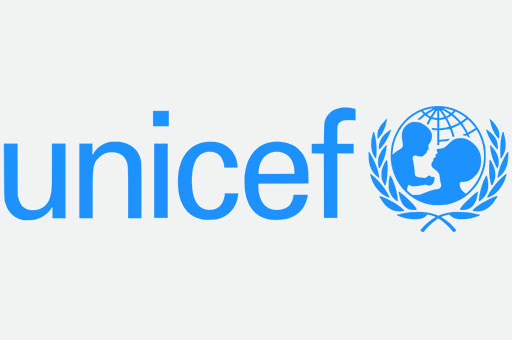
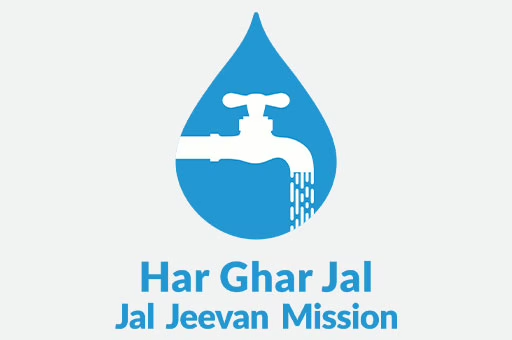

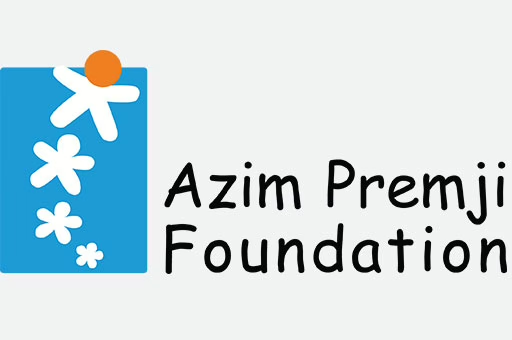
Projects
Publications
From Lab to Field: Learning Arsenic Remediation at IISc – Kumar Gautam’s Internship Experience
How do lab experiments become practical solutions for villages? Kumar Gautam spent a month at the S3 Lab, Centre for Sustainable Technologies (IISc Bangalore) to find out. Under Dr. Yagnaseni Roy, Kumar learned low-cost, scalable approaches to remove arsenic from groundwater and returned with hands-on skills useful for community water…
INREM Foundation and the Water Crisis: Climate, Accountability, and Evolving Standards
Introduction The global water crisis is deepening, with climate change, population growth, and pollution threatening water security for billions. India, home to nearly a fifth of humanity, is at the epicenter of this crisis, grappling with acute water scarcity, contamination, and the urgent need for sustainable solutions. In this context,…
District Water Quality Platforms
INREM’s district platform model links community water testing with government planning and resources. Quick wins (safe-pump sharing, household fixes) are combined with district plans so solutions scale and stick. Key facts: Model tested across districts such as Jhabua, Nalgonda, Dungarpur, Balasore. Focus: fluoride & arsenic mitigation, with scope to cover…
Changemaking Networks: How INREM Builds Distributed Action for Water-Safe Communities
INREM’s network approach turns local action into lasting systems change. From community registries to Jal Exchanges and badge-based recognition, this brochure shows how trust, simple data, and distributed leadership create scalable solutions for water safety across India. Read the brochure to learn how changemaking networks amplify local power and spread…
Safe Water and Nutritional Improvements: Opportunities for Long-Term Health Advancements
Safe water and good nutrition work together to prevent disease and improve long-term health. This short highlight explores how targeted water filters at nutrition programme sites, together with local food-preservation and nutrition actions, can break the cycle of disease and malnutrition in vulnerable rural communities. Download the full note to…
What are Water-Safe Communities
At the end of one of our online learning sessions, a Water Quality Champion (hyperlinked) stayed over. He had a problem to share. One community that his organization was engaging with in New Delhi lived right next to a solid waste dump and when it rains, there is black water…
Securing Safe water in Fluoride affected village of Jhabua, Madhya Pradesh
In the fluoride-affected village of Ghosaliya Bada, Jhabua, access to safe drinking water has been a challenge—until now. Thanks to the Jal Jeevan Mission and local conservation efforts, over 1,700 residents now receive safe, fluoride-free water right at their doorstep!
Women for Water-Safe Communities
INREM celebrates Women water champions for Water-Safe Communities!Leadership by women at community level institutions is something that INREM values, and in programmes supported by the European Union (EU) since 2018, we have consciously worked to facilitate and support women for greater agency and voice. As we say in INREM, Suno-Bolo…
Groundwater quality in eastern Gangetic plains with IFPRI
This study offers a comprehensive analysis, covering various aspects of the water quality issue. It delves into the scale of the problem, its impact on public health, treatment and supply options, links to irrigation and livelihoods, experiences with behavior change communication, and considerations of emerging contaminants.
How can we think ahead of Fluorosis Mitigation?
Fluorosis, resulting from high fluoride in water, is a growing health concern affecting millions of Indians, both rural and urban. Despite numerous mitigation efforts, it remains largely unnoticed and overshadowed by higher-priority issues. Traditionally, the focus has been on providing fluoride-free water through water supply or treatment. However, the health…
Films & Media
Address
INREM Foundation,
Block B, Paramkrishna Apts, Near IRMA,
Anand, Gujarat -388001, India

